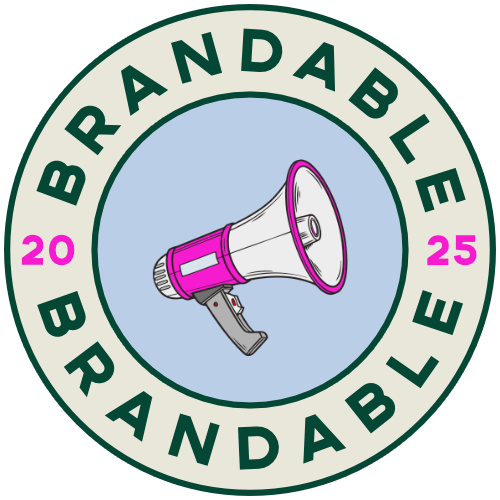Descriptive vs. Evocative: What Type of Brand Name Should You Choose?
Not all great brand names tell you what a brand does.
Some make you feel something instead.
As a founder or product creator, one of the biggest naming decisions you'll make is this:
Should your name describe what you offer, or should it evoke the feeling you want people to associate with your brand?
The answer depends on your goals, your category, and how much you're willing to invest in brand-building over time.
Let’s break it down.
What Is a Descriptive Name?
A descriptive name tells people what your company, product, or service does.
Examples:
The Home Depot – a store for home improvement
PayPal – a pal for payments
General Motors – self-explanatory
Pros:
Clear and easy to understand
SEO-friendly and literal
Great for new industries or unknown categories
Cons:
Less ownable or memorable
Often difficult to trademark
Can sound generic or uninspired
What Is an Evocative Name?
An evocative name doesn’t describe — it suggests.
It’s rooted in metaphor, emotion, energy, or storytelling.
Examples:
Nike – the Greek goddess of victory
Apple – simple, approachable, creative
Airbnb – evokes travel and human connection
Pros:
More memorable and emotionally engaging
Easier to own legally and creatively
Leaves room to evolve your offerings over time
Cons:
Might require more brand storytelling upfront
Doesn’t instantly convey what you do
Which One Should You Choose?
It depends on two things:
Your brand maturity
Your marketing appetite
Launching a local service — Descriptive
Building a scalable digital brand — Evocative
Entering a crowded category — Evocative
Introducing a new product type — Descriptive or hybrid
Seeking fast clarity + SEO — Descriptive
Wanting long-term brand equity — Evocative
Sometimes, the Sweet Spot Is a Hybrid
Some of the best names blend both styles.
Examples:
Dropbox – evokes simplicity and utility
YouTube – describes a personal broadcast platform
SoulCycle – combines movement + mindset
A name that feels evocative but still hints at what you do can give you the best of both worlds.
Brandable's Approach
At Brandable, we don’t default to one type of name.
We assess:
Your category maturity
Your brand vision
The tone and emotion you want to convey
How you want to position in the market
Then we choose a naming direction that doesn't just “sound good” — it builds your brand story before you've even said a word.
Because when people remember your name, they remember why you matter.
